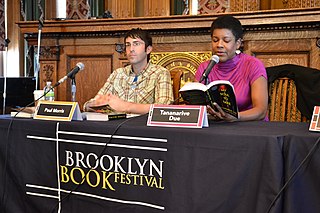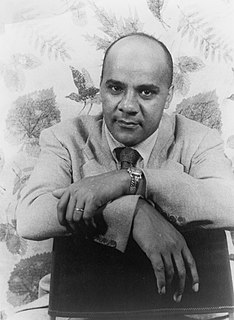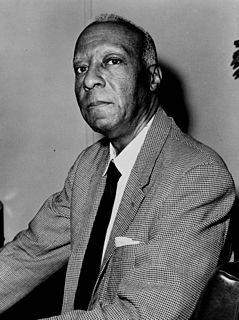A Quote by Manning Marable
[Alex Haley] objective was to illustrate that the racial separatism of the N.O.I. was a kind of pathological or a kind of - it was the logical culmination of separatism and racial isolationism and exclusion.
Quote Topics
Related Quotes
[Alex] Haley felt he could make a solid case in favor of racial integration by showing what was - to white America - what was the consequence of their support for racial separatism that would end up producing a kind of hate, the hate that hate produced, to use the phrase that Mike Wallace used in his 1959 documentary on the Nation of Islam.
[Alex Hayley] wanted to show the negative aspects of the N.O.I.'s ideology, Yacub's history, and all of the ramifications of racial separatism that he felt were negative, and that Malcolm, being as charismatic as he was, a very attractive figure, nevertheless, he embodied these kind of negative traits.
My husband was a hospital architect and he was working on some hospitals in Alberta, and I told him to try to find out what they thought about separatism. He would come back on weekends. He said "well, I think I found out how they feel about separatism. I brought it up at lunch in the cafeteria, and everybody at the table was silent and then somebody said 'Let's change the subject'."
Most people who read the autobiography perceive the narrative as a story that now millions of people know, and it was - it's a story of human transformation, the powerful epiphany, Malcolm's X journey to Mecca, his renunciation of the Nation of Islam's racial separatism, his embrace of universal humanity, of humanism that was articulated through Sunni Islam. Well, that's the story everybody knows.
Over a period of about year-and-a-half, Malcolm X and [Alex] Haley agreed to work with each other. They met usually after a long business day that Malcolm put in very tired. He would get there at about - either at Haley's apartment or they would meet at then Idyllwild Airport at a hotel, and Malcolm would be debriefed by Haley. He would talk, Haley would take notes.






























